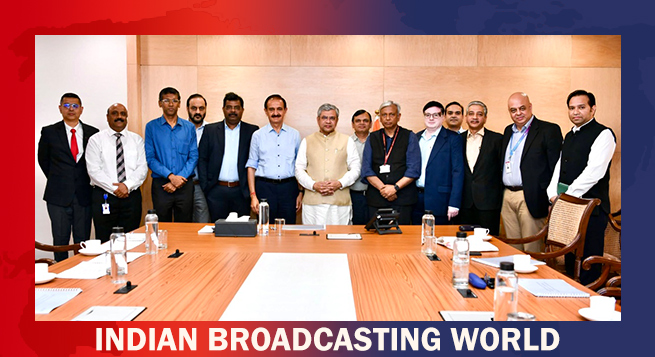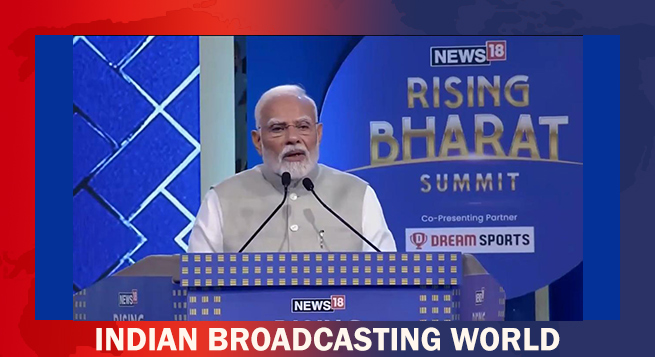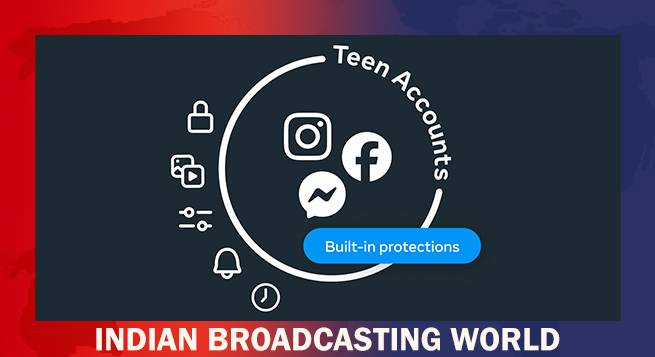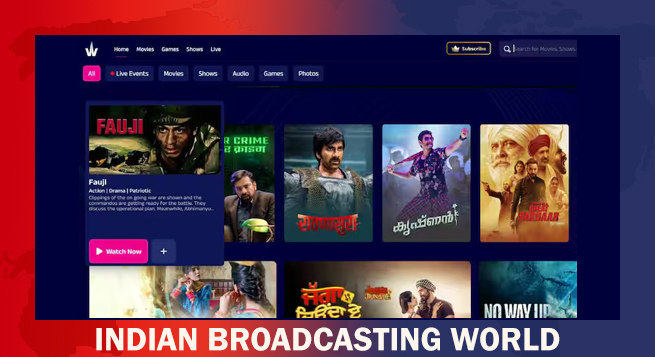Reliance Jio is working on satellite-based broadband services to extend high-speed Internet connectivity and digital services to remote areas across the country as part of ongoing efforts to improve Internet connectivity in India.
When it comes to creating more vernacular language content in the country, new smartphones include Indian languages as standard features; for example, the JioPhone 4G Pragati’s OS supports 10 languages.
According to a report titled ‘The e-Conomy of a Billion Connected Indians’ published by Google, Temasek, and Bain & Company, approximately 53 percent of non-internet users would go online if the content was available in their native languages, IANS reported.
Furthermore, despite the challenges, investor confidence and interest in India remained high.
Investments in India increased at a CAGR of 23 percent between 2018 and 2022, while the number of transactions increased by 27 percent.
According to the ‘The e-Conomy of a Billion Connected Indians’ report, megadeal investments in Jio and Reliance Retail will total more than $27 billion in 2020.
Further, companies that use advanced technologies to tailor the customer experience across the funnel are well-positioned to deliver better results, such as stronger brand loyalty, higher repeat purchases, and lower marketing costs, IANS reported from New Delhi.
According to the report, JioMart provides customers with a customized product catalogue based on previous purchases, delivery locations, and so on, providing a highly personalized experience.
The Internet economy in India is expected to expand from $175 billion in 2022 to $1 trillion by 2030.
 AIDCF team discusses industry issues with Vaishnaw
AIDCF team discusses industry issues with Vaishnaw  PM Modi: WAVES will empower Indian content creators go global
PM Modi: WAVES will empower Indian content creators go global  Meta rolls out ‘Teen Accounts’ feature to FB, Messenger
Meta rolls out ‘Teen Accounts’ feature to FB, Messenger  Govt. says pvt. sector TV channels can ride pubcaster’s WAVES
Govt. says pvt. sector TV channels can ride pubcaster’s WAVES  China curbs Hollywood films’ imports in US tariff war
China curbs Hollywood films’ imports in US tariff war  ‘Chhaava’ set to stream on Netflix from today
‘Chhaava’ set to stream on Netflix from today  ‘Bhool Chuk Maaf’ trailer released
‘Bhool Chuk Maaf’ trailer released  ‘The Angry Birds Movie 3’ to release Jan 2027
‘The Angry Birds Movie 3’ to release Jan 2027  TV9 Marathi first Marathi news channel on DD FreeDish
TV9 Marathi first Marathi news channel on DD FreeDish 








